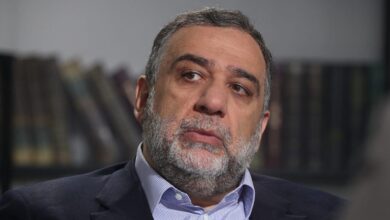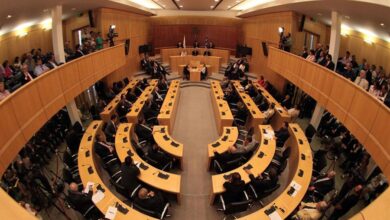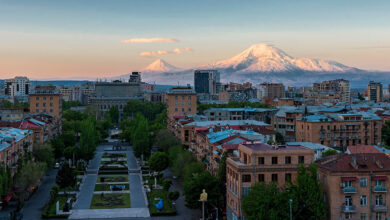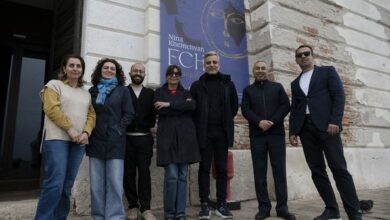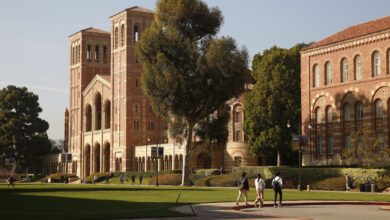Forty Martyrs: Armenian chanting from Aleppo
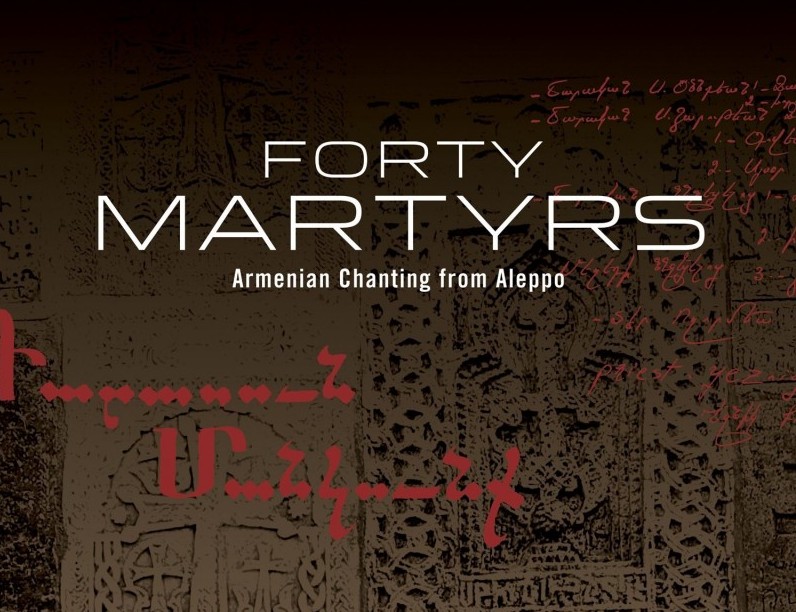
RootsWorld – Jason Hamacher’s aural documents of a vanishing culture and music, just prior to the civil war that has shredded Syria, have worked to reveal ethnic pockets never considered by many westerners. This, his label’s second release, focuses on an Armenian singer, V. Rev. Yeznig Zegchanian, and his solo chanting at Forty Martyrs Church in Aleppo. Recorded during two trips in 2006 and 2010, Hamacher managed to preserve part of an ancient musical ritual in what had been a thriving Armenian neighborhood, brought about by an influx of refugees from the Turk-sanctioned and delivered Armenian genocide of nearly 100 years ago. This venture then preserves what is no doubt turning into a shadow culture, as no Christian Aleppans, or anyone for that matter, is currently safe in much of the country. Furthermore, the western Armenian dialect, spoken in Aleppo, is already considered endangered by UNESCO, with complete extinction expected over the next century. As a result, Hamacher’s recordings are significant well beyond their mere musicality, which itself is immense, as anyone who has heard either volume in this series can attest.
Zegchanian’s chants are themselves the sound of peace, patience, and utter devotion. His deep baritone unspools syllables as if guiding them into a black hole, where they linger and finally disperse slowly like plumes of cigar smoke. The calm, the drone, and the slight wavers in timbre all help to create a completely consuming, yet subtle music that, properly shepherded, could probably stop the war itself if it had the power to pervade city blocks and countryside alike. And though it speaks to a particular faith- its titles include “In Heavenly Jerusalem,” and “Lord Have Mercy”- its appeal spills well beyond any single divinity, and the music ultimately serves to function as a reminder of how complex a world we’ve created, one where genocide, peace, dialect, music, war, and faith appear to be on an ever-mutating collision course that ultimately reshapes language, religious practice, rhythm, and our understanding of one another.



